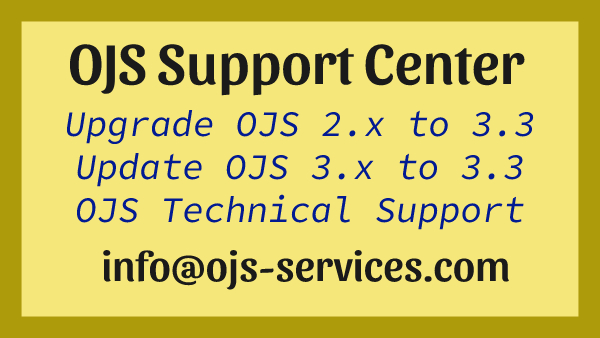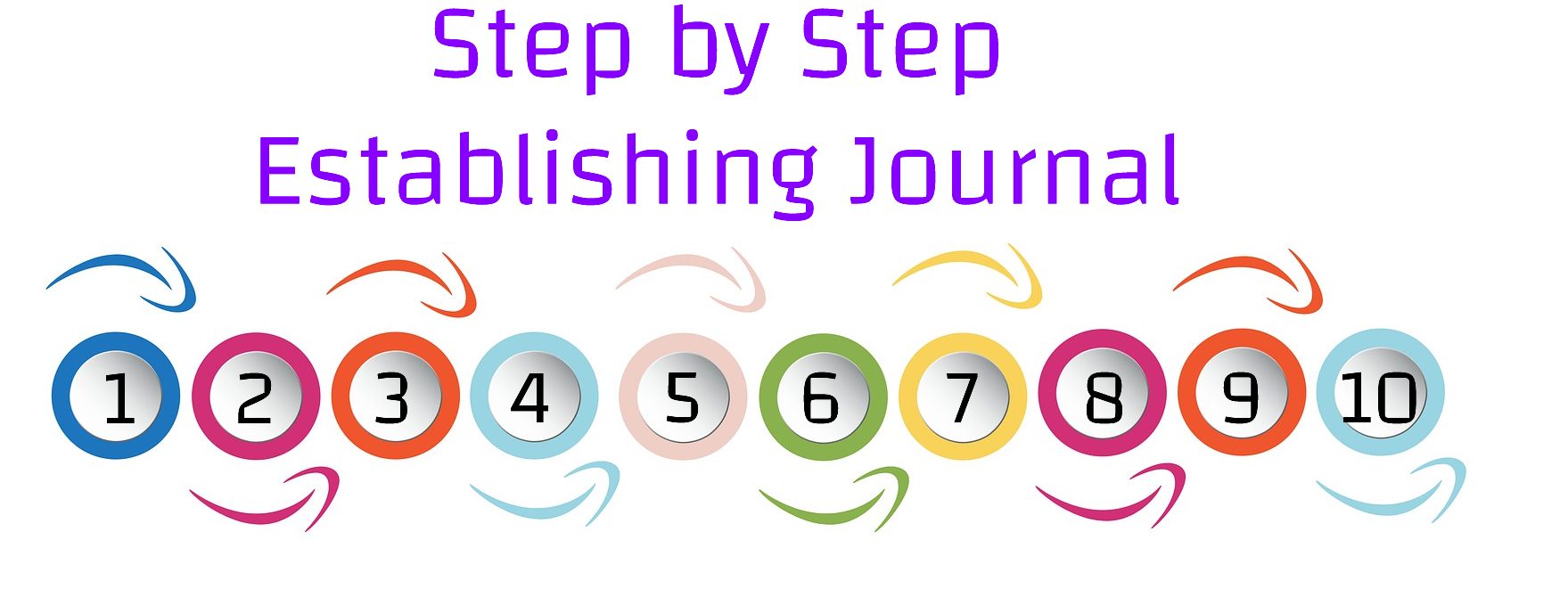Academic journal owners and article authors often reach out to us, expressing concerns that their articles are not being indexed on Google Scholar. They inquire about the potential reasons behind this issue and seek solutions.
Drawing from Google Scholar’s indexing criteria and our cumulative experiences to date, we aim to shed light on this matter.
Google Scholar operates on machine learning and artificial intelligence technology. When it visits a journal site, it expects to see indications that it is an academic journal, along with accurately reflected meta-tags for each article. Otherwise, while your articles might get indexed on google.com, they might not find their place on Google Scholar. Let’s delve a bit deeper into this. For instance, content management systems like WordPress, Joomla, or Drupal are suitable for developing websites, but they often fall short in meeting the structural expectations of academic article standards on both the site and article pages for systems like Google Scholar or Microsoft Academic. However, software designed for academic peer-reviewed journals such as OJS (Open Journal Systems) is meticulously crafted to meet the expectations of all indexing tools, ensuring 100% compatibility. Therefore, a journal created using OJS and the articles published within it are automatically crawled by Google Scholar.
If articles on a site using OJS are not being indexed on Google Scholar, it could be due to errors stemming from users/publishers/editors. For instance, discrepancies between the publication date listed on the site and the date in the PDF, differences in the formatting of author names (lowercase on the site but uppercase in the PDF), mismatched titles, or instances where the same article was indexed through different platforms can lead Google Scholar to face a challenge in deciding which data to use, often resulting in non-indexing.
Some reasons causing articles not to be indexed and the steps to address these issues:
- Metadata Inconsistencies: The metadata of articles should align with the content within the files. Common inconsistencies include incorrect publication dates, complexities arising from texts in different languages, discrepancies in volume-issue-year information, and inconsistencies in author names between the site and the PDF.
- Broken or Changed URLs: If URLs of articles that were previously indexed by Google Scholar have been removed or modified without proper redirects (e.g., using 301 redirects), Google Scholar may no longer be able to access these articles, leading to their removal from the index. It’s crucial to maintain consistent URLs or redirect old URLs to new ones appropriately.
- File Changes: Replacing or updating article files, such as PDFs, without ensuring the original metadata remains consistent, can result in discrepancies. Google Scholar might miss or de-index these updated articles if it perceives them as different from the originally indexed content.
- Altered Publication Dates: In some cases, recent updates to your site may have inadvertently altered publication dates. If the publication dates on your site differ from those within the PDF files, Google Scholar may struggle to index these articles correctly.
- Language Incompatibility: Differences between the language of the text and the metadata can lead to indexing issues. For instance, if the text is in English but the metadata (keywords, author affiliations, etc.) is in another language, it might cause problems.
- Inconsistent Author Information: Inaccurate formatting and inconsistency in entering author names can result in indexing problems. Ensuring alignment between metadata and the information in the PDF is crucial.
- Updates in OJS or Journal Software: Outdated versions of journal system software might lead to indexing problems. New updates often fix certain errors present in older versions that could affect processes like metadata creation or indexing.
- Plugin Settings and Insufficiencies: The Google Scholar indexing plugin in OJS might be incorrectly configured or missing settings, resulting in incomplete or incorrect presentation of metadata to Google Scholar, hence causing non-indexing.
- Security and Infrastructure Issues: Problems such as SSL certificate errors, frequent site crashes, or hacking incidents can halt Google Scholar indexing.
The non-indexing of your articles on Google Scholar can be attributed to various reasons. This guide aims to assist you in identifying common problems and rectifying them.
If you are using a different article publishing system and wish to transition to OJS or want to update OJS, which is 100% compliant with indexing standards, feel free to reach out to us.
If you are using a different article publishing system, we can assist in transferring your existing articles to OJS, configuring all settings, and ensuring your journal continues its publication seamlessly without interruptions.



Comments are closed